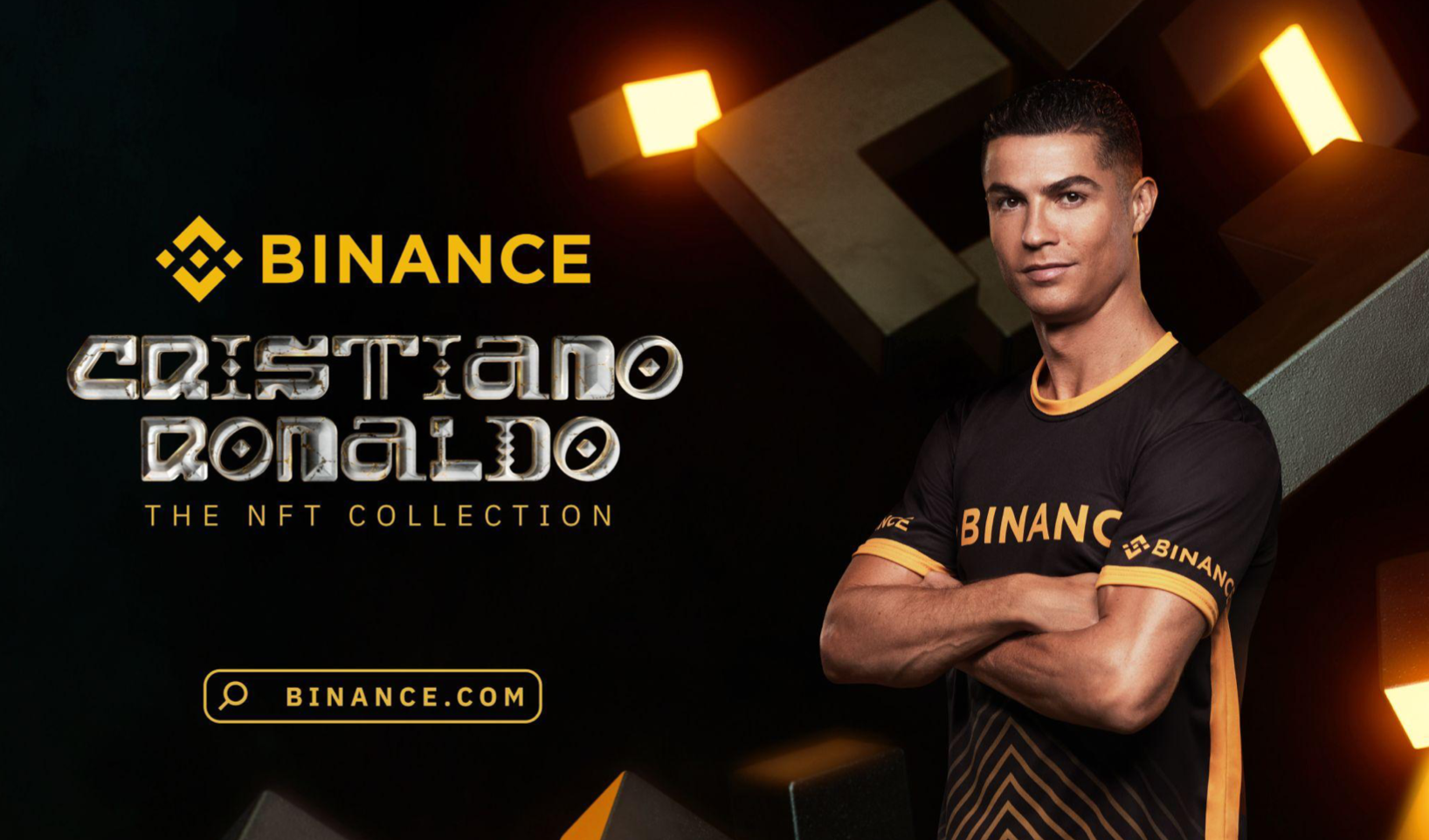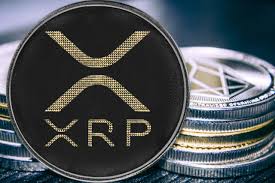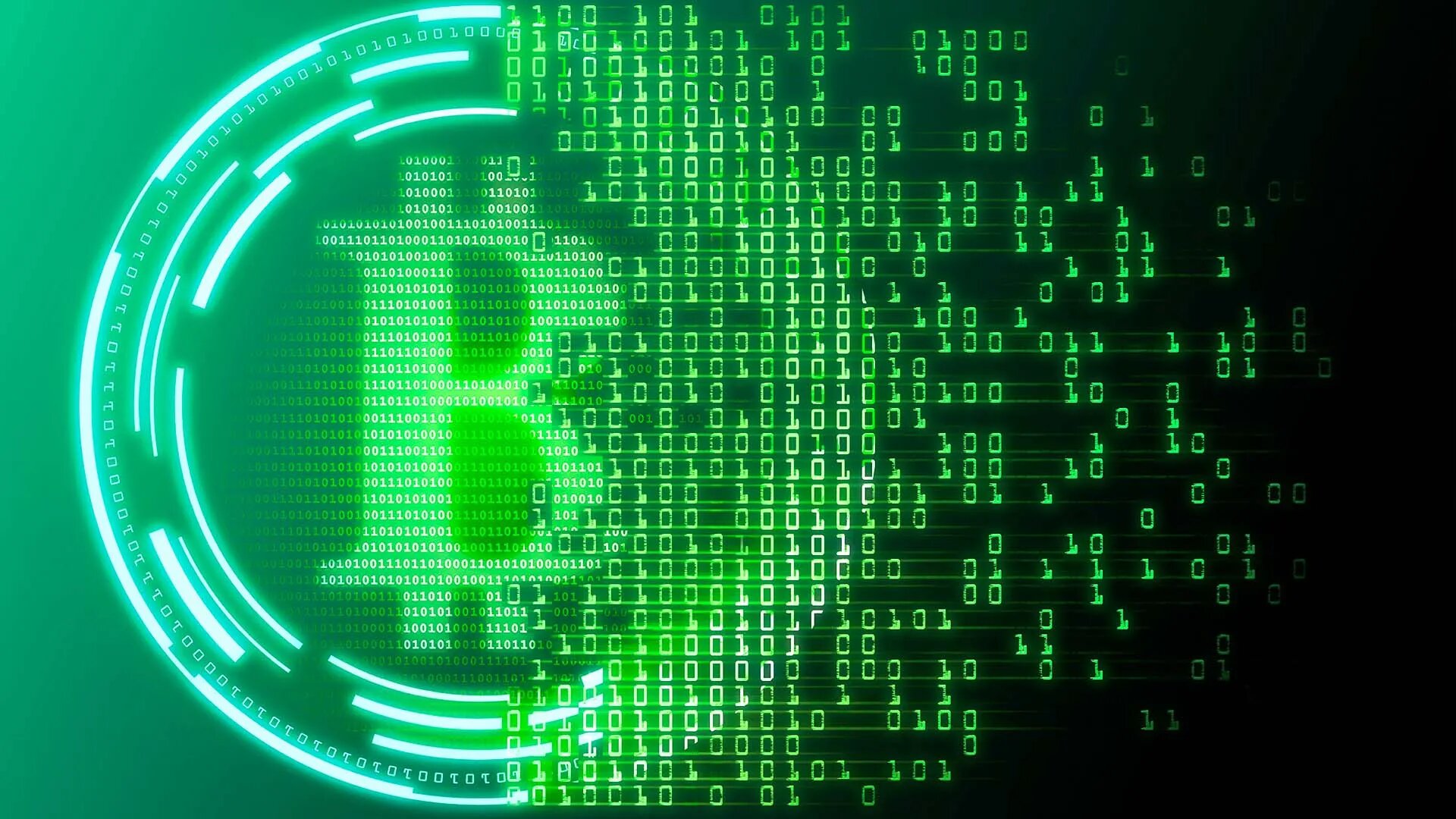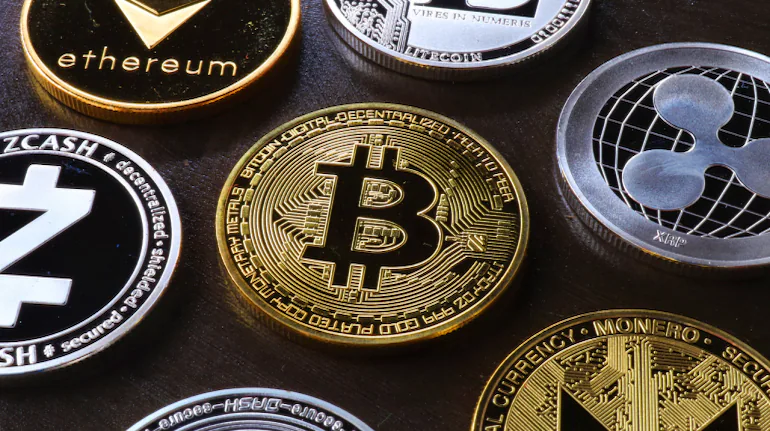What is NFT Gas Fee And How is it Calculated
Learn how NFT gas fee calculation works and optimize your transactions. Discover the secrets of NFT gas fees.

In the ever-evolving world of cryptocurrency and blockchain technology, Non-Fungible Tokens (NFTs) have emerged as a groundbreaking innovation. NFTs are unique digital assets that represent ownership of a specific item or piece of content, such as art, collectibles, music, or even virtual real estate. As the NFT market continues to grow, it's crucial to understand various aspects of NFT transactions, including NFT gas fees and how they are calculated.
NFT Basics
Before we delve into the intricacies of NFT gas fees, let's briefly go over some fundamental concepts.
NFT Market Price:?The?NFT market price?refers to the current value of a specific NFT in terms of its sale or trade on various NFT marketplaces. It is determined by factors such as demand, rarity, and the perceived value of the digital asset.
NFT Tokens Price:?This term signifies the cost of individual NFTs within the broader NFT market. Just like any other market, NFTs have their own supply and demand dynamics that influence their prices.
Best NFT Gaming:?NFTs have found significant use cases in the gaming industry. The?best NFT gaming?platforms allow players to buy, sell, and trade in-game assets as NFTs, enhancing the gaming experience and enabling players to truly own their virtual items.
NFT Price Chart:?NFT price charts?display the historical price movements of specific NFTs or the overall NFT market. These charts help traders and collectors analyze price trends and make informed decisions.
NFT Blockchain:?NFTs are built on various blockchains, with Ethereum being the most popular. The underlying blockchain technology ensures the uniqueness and security of NFTs.
Best NFT Marketplaces:?NFT marketplaces are online platforms where users can buy, sell, and trade NFTs. Some of the best-known NFT marketplaces include OpenSea, Rarible, and NBA Top Shot.
NFTs for Sale:?These are NFTs listed on various marketplaces by their owners, available for purchase by interested buyers.
NFT Price:?The price at which a specific NFT is listed for sale, which can vary widely depending on factors like rarity, popularity, and the creator's reputation.
Understanding NFT Gas Fees
Now that we have a foundation in NFT terminology, let's explore the concept of NFT gas fees and how they are calculated.
What are NFT Gas Fees
Gas fees are transaction fees paid by users to the blockchain network when they perform actions like buying, selling, or transferring NFTs. These fees are crucial to the operation of blockchain networks, as they incentivize miners to process and validate transactions.
In the context of NFTs, gas fees become particularly important during the minting (creation) and transfer of NFTs. Each blockchain network has its own gas fee structure, and Ethereum is the most commonly used blockchain for NFTs.
Calculating NFT Gas Fees
NFT gas fees are calculated based on several factors:
- Blockchain Network:?The blockchain on which the NFT is created or traded significantly impacts the gas fee. Ethereum, for instance, tends to have higher gas fees compared to some other blockchains due to its popularity and demand.
- Transaction Complexity:?The complexity of the transaction plays a role in determining the gas fee. Minting an NFT, which involves creating a new unique token on the blockchain, typically requires more gas than simply transferring an existing NFT.
- Network Congestion:?Gas fees can vary depending on the current state of network congestion. During peak times, when many users are transacting on the blockchain, gas fees may be higher.
- Gas Price:?Users can set their preferred gas price when initiating a transaction. A higher gas price will result in faster transaction processing, but it will also incur higher fees.
- Token Standards:?Different blockchain networks may use different token standards (e.g., ERC-721 or ERC-1155 for Ethereum) for NFTs, and these standards can impact gas fees.
- Wallet and Platform:?The wallet or platform used for NFT transactions may have its own fee structure, which can add to the overall cost.
Managing NFT Gas Fees
Given the fluctuating nature of gas fees, it's important for NFT collectors and traders to manage these costs effectively. Here are some strategies:
- Gas Fee Estimators:?Use tools and platforms that provide estimates of current gas fees before initiating transactions. This helps you choose the right time to transact.
- Batch Transactions:?Bundle multiple NFT transactions into a single transaction to save on gas fees.
- Choose the Right Blockchain:?Consider using blockchains with lower gas fees if possible, especially for less expensive NFTs.
- Gas Price Optimization:?Adjust the gas price based on your urgency. If you're not in a hurry, you can set a lower gas price and wait for slower but cheaper processing.
- Platform Selection:?Explore different NFT marketplaces and platforms, as they may have varying fee structures.
NFT Market Trends and Gas Fees
Understanding the relationship between NFT market trends and gas fees is crucial for anyone looking to maximize their investments or participate in the NFT space effectively.
- Market Demand:?When the demand for NFTs surges, so do gas fees. During peak periods, like NFT drops of popular artists or celebrities, gas fees can become prohibitively high. NFT collectors should be aware of these trends and be prepared to either pay the premium or wait for fees to decrease during less congested periods.
- Rare and Valuable NFTs:?Rare and highly valuable NFTs often command higher gas fees due to increased competition among collectors. These fees can be seen as a reflection of the perceived worth of the digital asset. Keep this in mind when bidding on or buying high-value NFTs.
- NFT Gaming:?The gaming sector within the NFT market has been one of the fastest-growing segments. Gamers are now buying, selling, and trading in-game assets as NFTs. However, the frequency of transactions in gaming often results in substantial gas fees. Gamers should factor these fees into their gaming budgets.
- Marketplaces and Auctions:?Different NFT marketplaces may have varying fee structures, and some auctions can result in higher gas fees as participants compete for limited-edition NFTs. Consider exploring different marketplaces and auction strategies to minimize costs.
- Ethereum Scaling Solutions:?Ethereum, being the most popular blockchain for NFTs, has been working on scaling solutions to alleviate congestion and reduce gas fees. Solutions like Ethereum 2.0 and Layer 2 solutions like Optimistic Rollups and zk-Rollups aim to make NFT transactions more cost-effective.
In the world of NFTs, understanding gas fees is essential for anyone looking to buy, sell, or trade these unique digital assets. Gas fees are a fundamental aspect of blockchain transactions, and they can have a significant impact on the overall cost of NFT transactions.
As the NFT market continues to evolve, staying informed about gas fees and implementing strategies to manage them effectively will be crucial for collectors, investors, and creators in the NFT space. By mastering the art of handling gas fees, participants can make the most of this exciting and dynamic digital asset ecosystem.
What's Your Reaction?
















